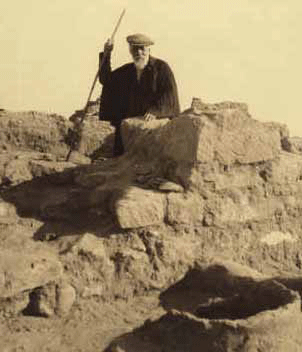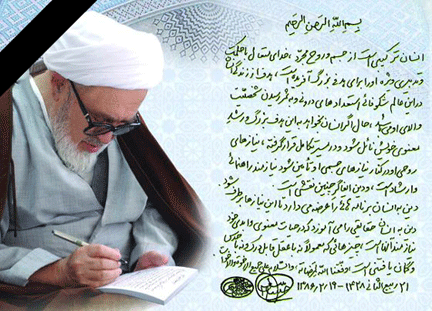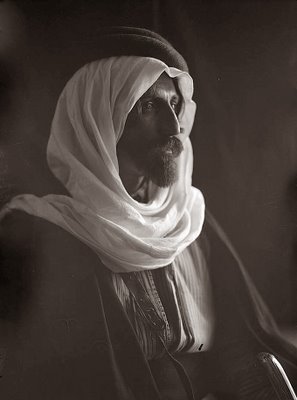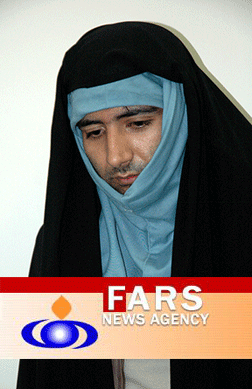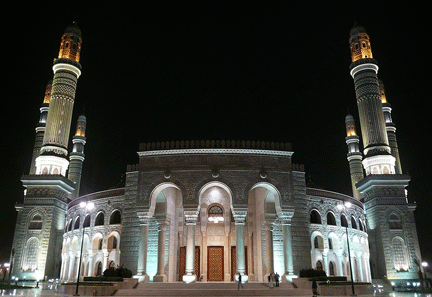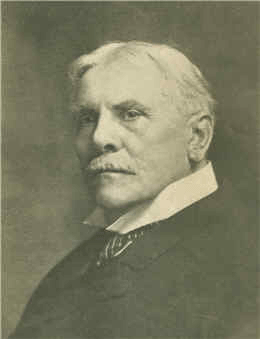
Cyrus Ingerson Scofield, 1843-1921
[Webshaykh’s Note: As someone who grew up on the Scofield Bible, I offer this critique from the peanut gallery.]
Zionism’s un-Christian Bible
Scofield Bible made uncompromising Zionists out of tens of millions of Americans.
By Maidhc O. Cathail, Middle East Online, November 25, 2009
The Boycott, Divestment, Sanctions for Palestine campaign should widen its scope to target non-Israeli companies who contribute significantly to the oppression of Palestinians. As part of this broader strategy, priority should be given to one of the most egregious offenders, the prestigious British publisher, Oxford University Press. As unlikely as it may seem, the world’s largest university press is responsible for one of the greatest obstacles to justice for Palestinians – The Scofield Bible.
Since it was first published in 1909, the Scofield Reference Bible has made uncompromising Zionists out of tens of millions of Americans. When John Hagee, the founder of Christians United for Israel, said that “50 million evangelical bible-believing Christians unite with five million American Jews standing together on behalf of Israel,” it was the Scofield Bible that he was talking about.
Although the Scofield Reference Bible contains the text of the King James Authorized Version, it is not the traditional Protestant bible but Cyrus I. Scofield’s annotated commentary that is the problem. More than any other factor, it is Scofield’s notes that induced generations of American evangelicals to believe that God demands their uncritical support for the modern State of Israel. Continue reading Burn those Scofield Bibles, baby →
